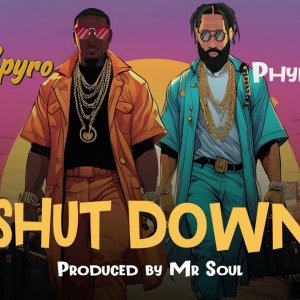What you have to realize is that most folks don't really understand what a commodity means. They think it's only limited to the stock market. They only view music from its artistic perspective (or use-value) without considering the main motives behind the creation of multinational corporations involved in the recording business i.e., major record labels and movie studios (that commission original soundtracks and film scores).
So what we need to do now is define what a commodity is, which is simply any item, product, or good that can be traded, bought, or sold. Therefore if you approach music from its business side it perfectly fits the definition of what a commodity is.
When a producer or artist signs a record contract that doesn't necessarily mean they will own their own music forever. In fact, most recording artists don't even own the intellectual property (i.e., the sound recording copyright) of the works they themselves created in their own self-funded project studios. So who does it belong to? Umm, it belongs to a record company, duh!
And what can a record company do with your masters? They can keep them if they want to and continue to make money off your blood, sweat, and tears or they can sell your masters to investors whenever they want. If music wasn't by any means a commodity it wouldn't be possible to transfer its ownership, would it? Probably not. On the other hand, to most music listeners, songs or albums are works of art to be appreciated just like paintings: it's mostly all they envision.
P.S. Record labels don't work with artists because they are benevolent not-for-profit corporations. They exist to extract as much wealth as they can from the music industry on behalf of their shareholders. Which is the right thing to do from their side of things.












